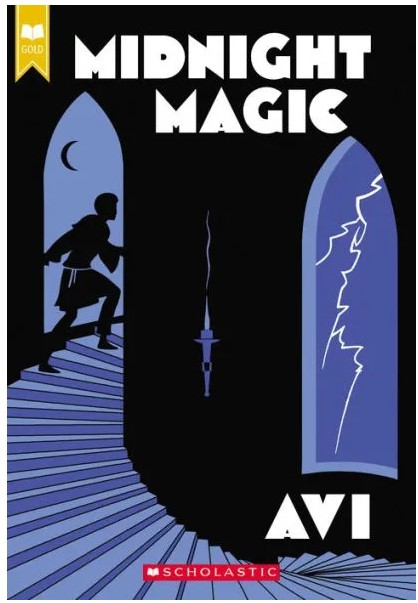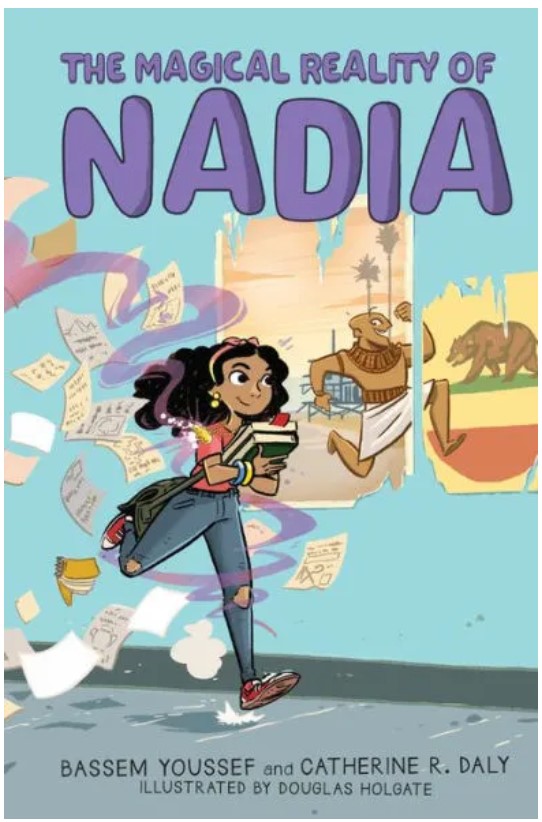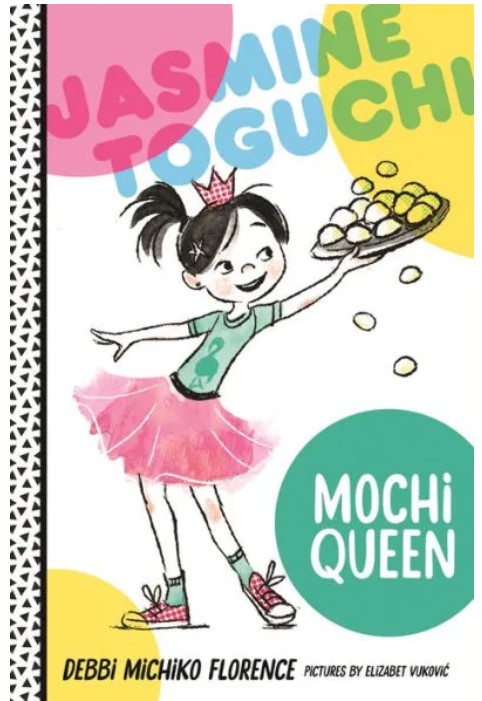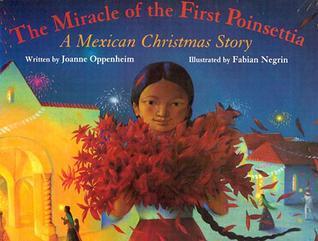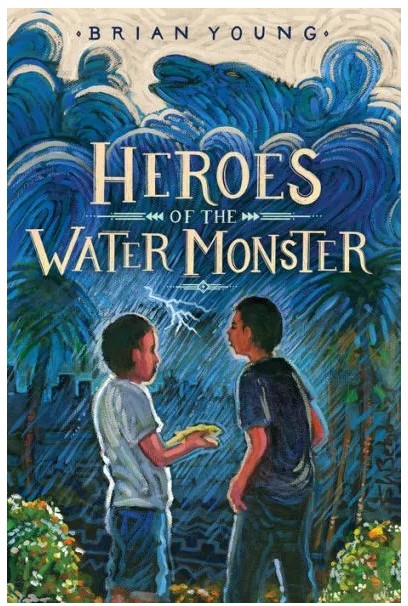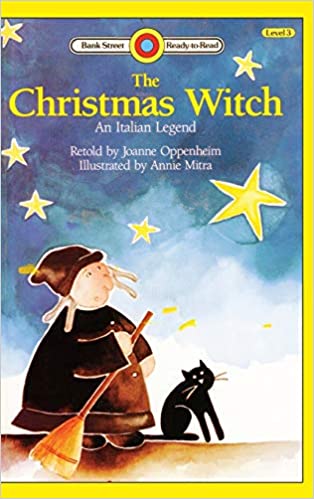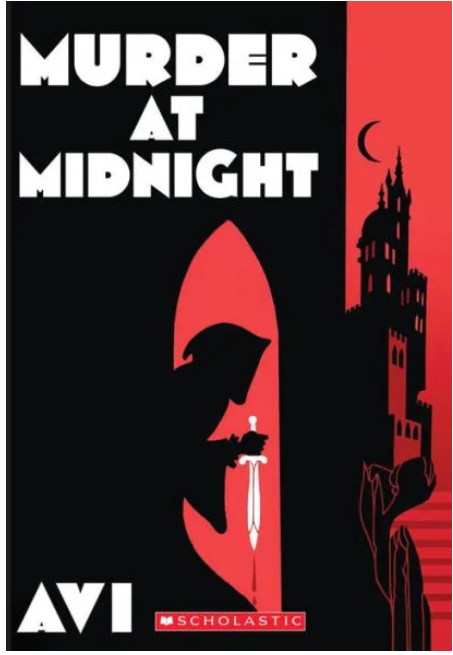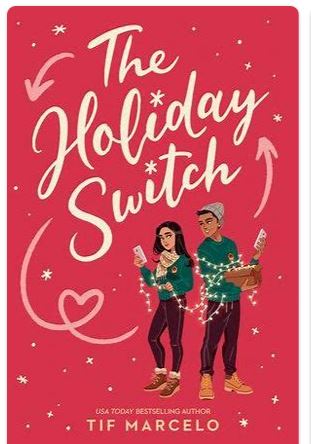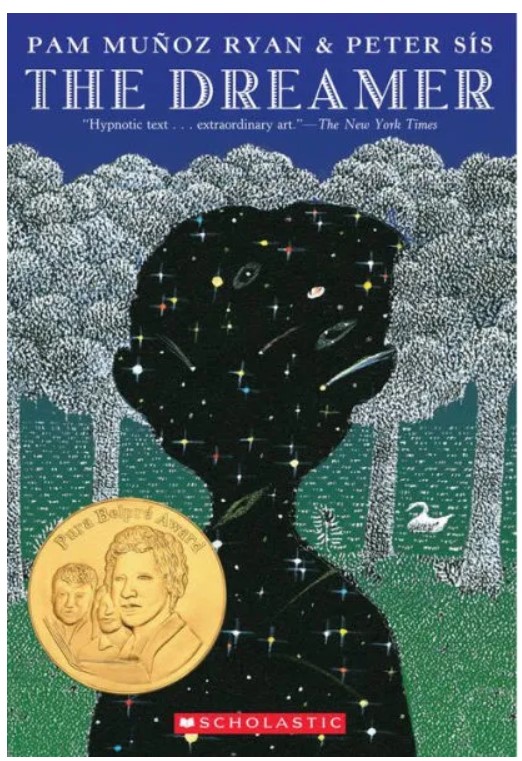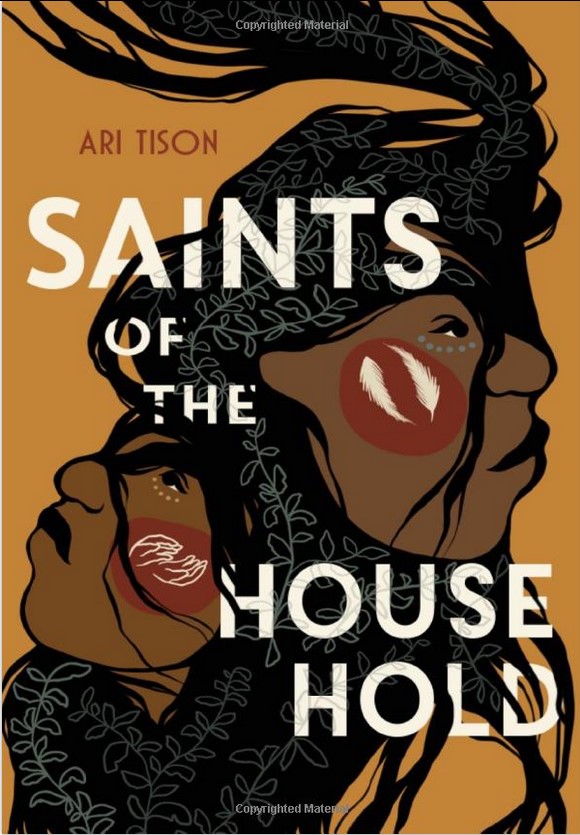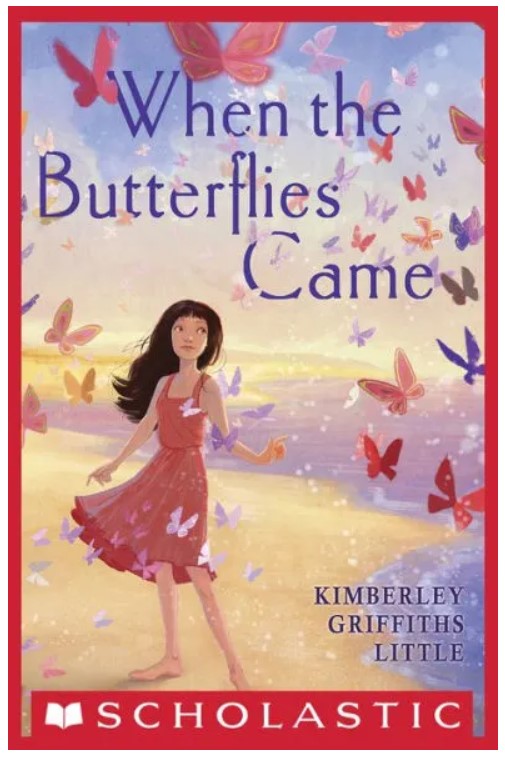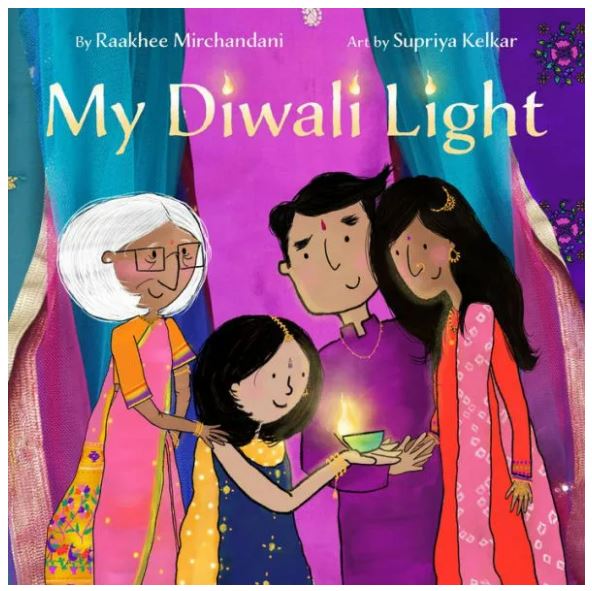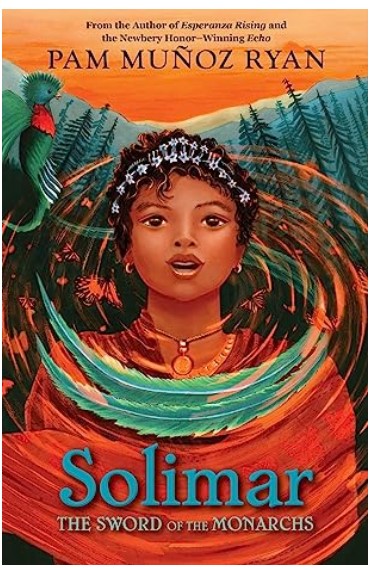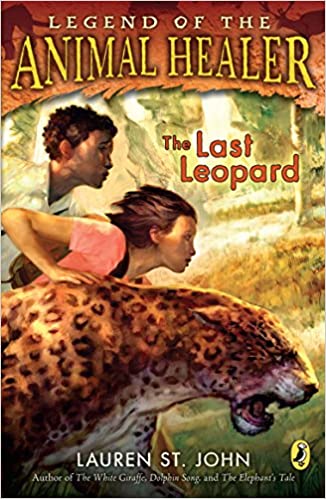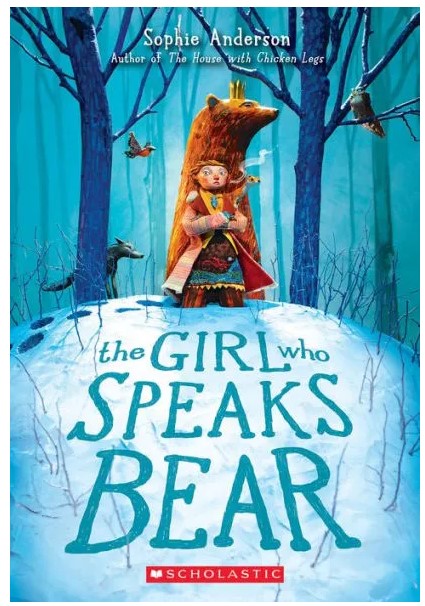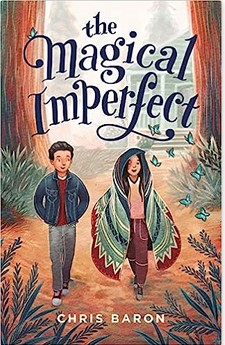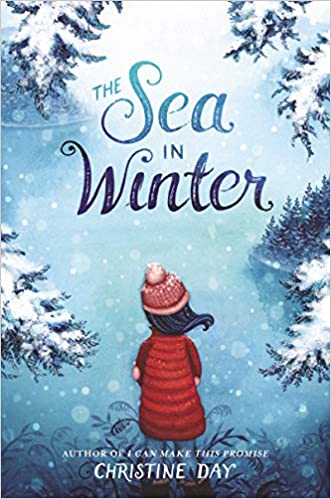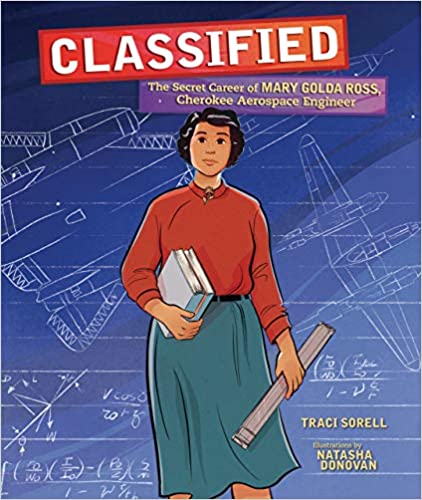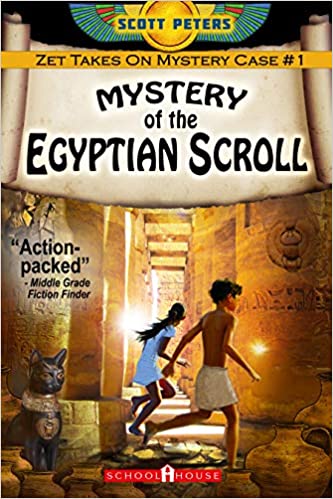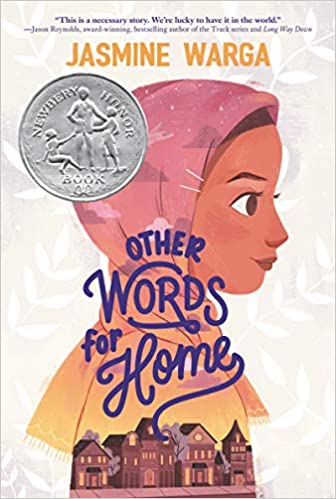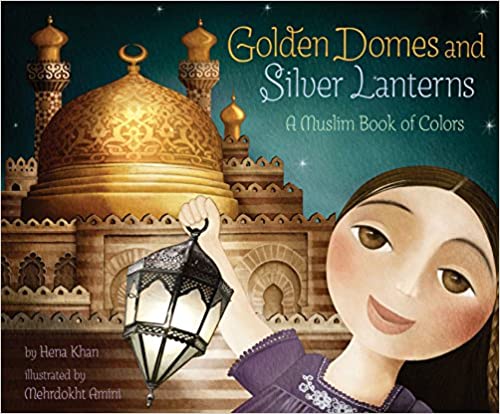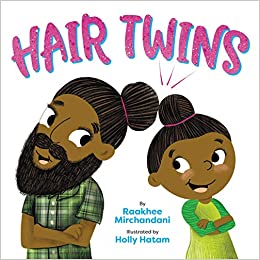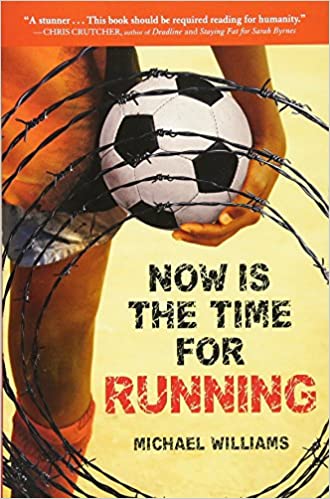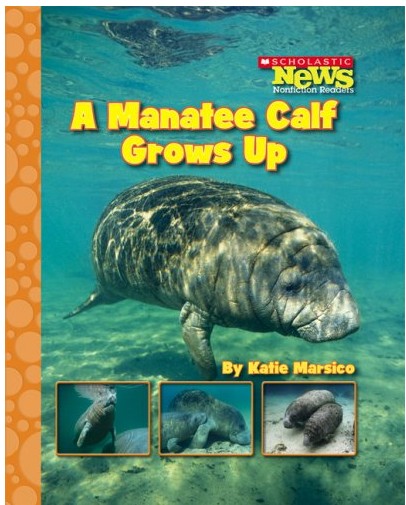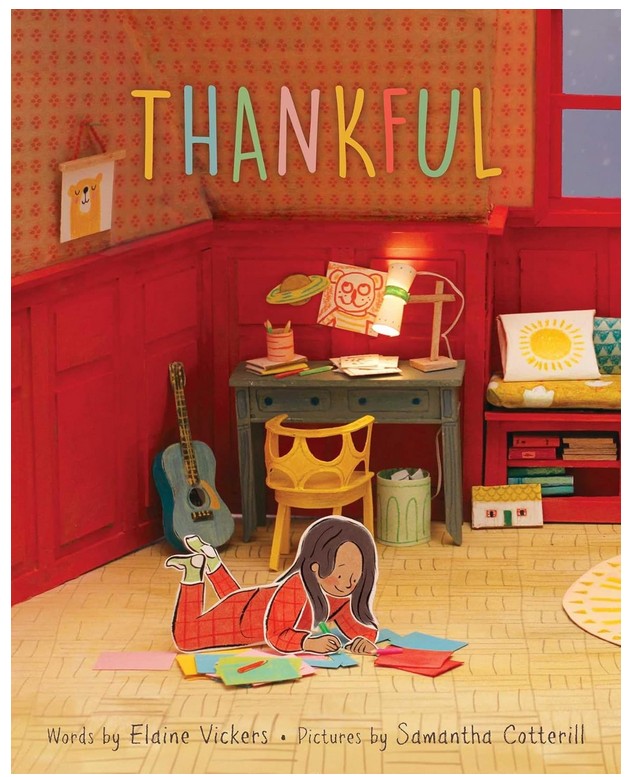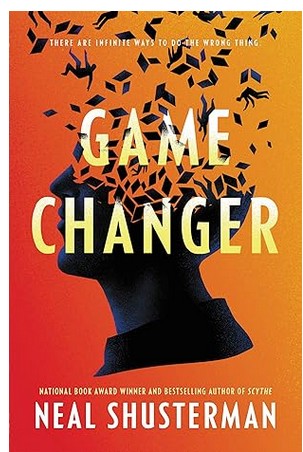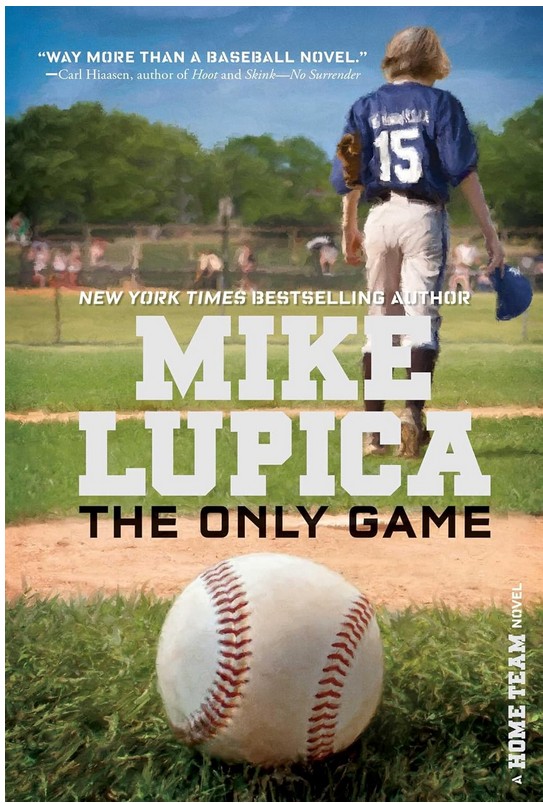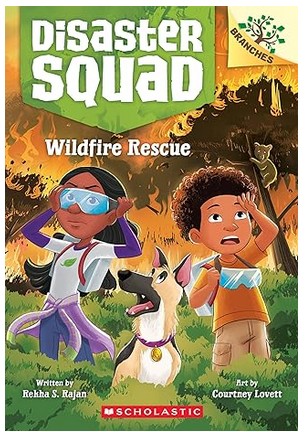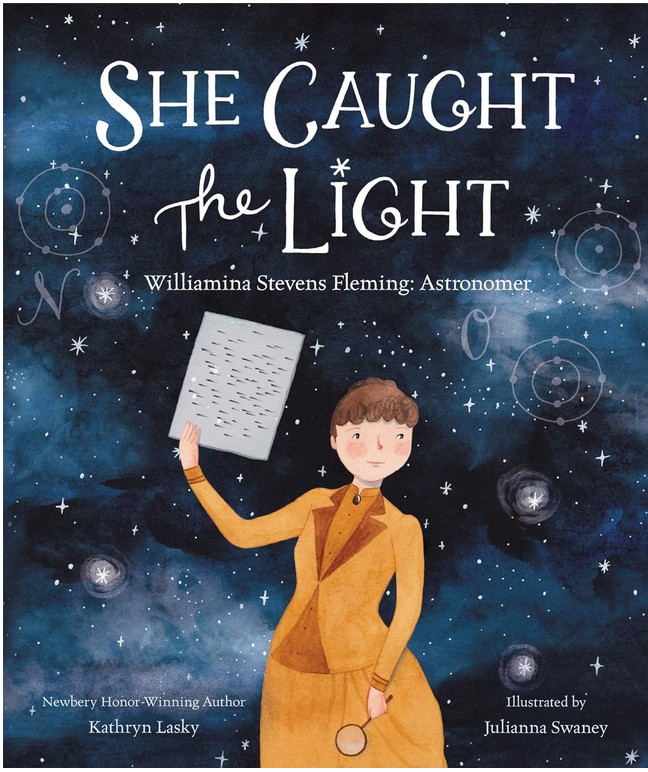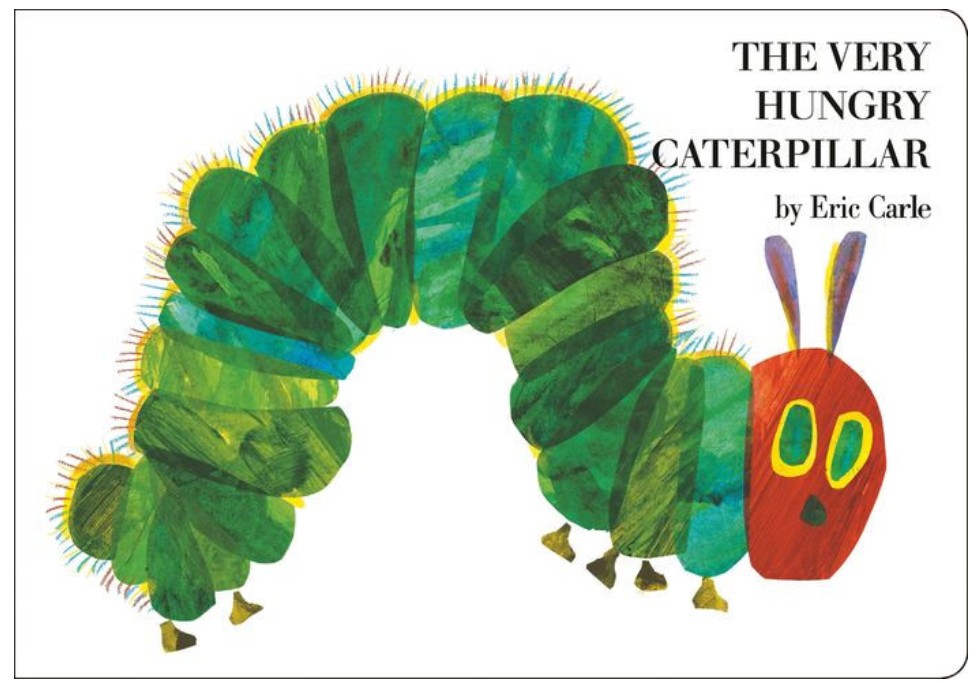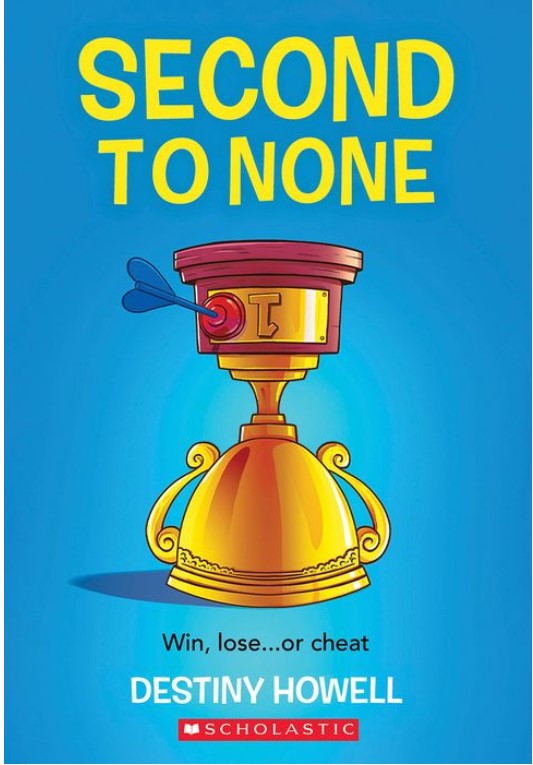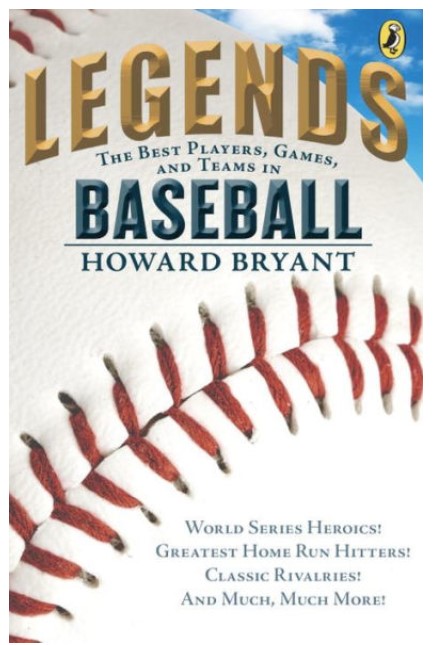Princess Teresina of the kingdom of Pergamontio is being haunted by a ghost, and the former magician Mangus is called upon to help solve the mystery. But not all is what it seems in a kingdom that outlaws magic and once convicted Mangus for magic. Now, Mangus’s assistant, Fabrizio, joins his master at the castle to discover what secrets lie within the secret passageways.
Avi’s Midnight Magic is the second book in the series, though the books do not need to be read in order to be understood. The book’s protagonist and narrator, Fabrizio, sets up the story and explains the context well for those who are unfamiliar with the previous installment. Fabrizio is aiding his master, Mangus the Magician, as the magician tries to solve the mystery of the ghost in the castle. Fabrizio is a likable but naïve boy, who wants to impress his master. Mangus is older and more jaded, and he occasionally mocks his young assistant; however, Mangus does like Fabrizio and praises him when he does well.
The Kingdom of Pergamontio outlaws magic, and it becomes clear early on that Mangus the Magician is more Sherlock Holmes-clever rather than magical. He doesn’t believe that the princess is being haunted, despite Fabrizio’s clear belief in this supernatural specter. Instead, Mangus uses the power of reasoning to uncover the secrets of the castle. Although magic isn’t used, Fabrizio uses tarot cards throughout the book, something for which Mangus mocks him. Much of the book discusses the way faith and reason interact, leaning heavily on reason and logic being the wisest ways to learn about the world. Fabrizio, despite being overly trusting in others, does note that stories and context link together otherwise meaningless facts. To solve the mystery of the princess’s ghost, faith and reason must work together.
As he spends time wandering the castle, Fabrizio learns about the royal family and accidentally befriends the princess. He also does his best to avoid the king’s terrifying advisor, Scarazoni, who wants Mangus killed, and who is rumored to have killed the missing prince. Each character’s personality, even the classic stereotypes like the evil advisor and brash, manipulative princess, brings further intrigue into an otherwise twisting mystery. The intrigue is fun and fast-paced, and readers will find themselves unable to put the book down.
For younger readers, Midnight Magic is a great introduction to both the medieval fantasy and mystery genres because it discusses the real and unreal, and the characters are able to uncover the mystery thanks to their ability to come together and use both logic and faith. The tone of the story is mostly serious, though the inclusion of magic adds a hint of whimsy and wonder that helps bring the story to life. Fabrizio notes that stories, though sometimes fictitious, can speak the truth in spirit and emotion rather than content. To help solve the mystery, Fabrizio is able to seek out context to paint a larger picture; this highlights that there are many pieces to a good story, and sometimes they come from the most unlikely places.
Sexual Content
- None
Violence
- Fabrizio notes that there’s a stick near the doorway. He describes it as “a cudgel with which he was supposed to beat away anyone who tried to enter the house.”
- Mangus becomes upset with the impossible task of dealing with a ghost, and he “in a pique of frustration, pushes [Fabrizio] away.” He apologizes after.
- Princess Teresina explains that she believes the ghost is her brother. She says, “A few months ago he was sent as an emissary to the pope, in Rome. He never reached the holy city. I believe he was murdered and the ghost we saw is . . . his.” There are no further details about his alleged murder.
- Fabrizio overhears the royal advisor, Scarazoni, conspiring with the princess’s tutor. Scarazoni confirms that “the prince was killed. There is no more to say.”
- The queen and Fabrizio come across the dead body of the princess’s tutor. No further descriptions of the dead body are given, but it is established that he was murdered.
- After Mangus, Princess Teresina, and Fabrizio see the supposed apparition, Mangus alerts the king and Scarazoni of the situation. Scarazoni becomes enraged, wanting to prove the princess wrong. Scarazoni “grabs hold of Mangus’s robe at the throat and shoves the old man hard against the wall.” Scarazoni proceeds to yell at Mangus for answers, and Mangus has difficulty speaking as he’s being held at the throat. This scene lasts for about a page.
- Scarazoni raises his hand to hit Mangus, and Fabrizio throws himself between them. Fabrizio describes, “When [his hand] came, [it] struck him down.”
- Fabrizio finds the kitchen boy, Rinaldo, in the chapel. “The boy’s clothing was torn in many places and streaked with blood. His face was marked with what also looked like blood. All around him were bits of broken candles. A sword was at his side. What’s more, he was writhing about, clutching his left leg tightly.” It is revealed that Rinaldo is the supposedly murdered prince, alive and well, living in the castle.
- Scarazoni’s plot is revealed, and he is sentenced “to be executed.” The reader does not see this execution scene.
Drugs and Alcohol
- None
Language
- Fabrizio encounters a soldier who wants to speak with the magician Mangus. Fabrizio has some practiced replies that he uses to deter people, but the soldier responds in a mocking tone, “Well spoken, cur.”
- Mangus refers to the princess’s tutor as “a dolt.”
- Fabrizio announces that he believes in ghosts, and Mangus, unimpressed, says, “You are the living proof that even someone who reads can be a fool.”
- Light language such as stupid and fool is used often.
Supernatural
- In the Kingdom of Pergamontio, there is magic as well as magicians. However, magicians are forbidden in the kingdom. Mangus was, “arrested and brought to trial in that same castello, had, under threat of torture, confessed and repented of being a magician.” The book occasionally uses Italian terms like castello, which in this case means castle.
- Fabrizio uses tarot cards to help divine events come. He notes, “These cards, he believed, could fashion the future. Since he could envision no life for himself other than as a servant, it was his master’s fate he wished to shape.” Mangus dislikes tarot cards and says “tarot cards are nothing but ignorant superstition.”
- The king’s daughter, Teresina, is being haunted by “a terrifying ghost.” Teresina recounts, “What I saw could not, would not, be felt. My hand passed right through it.”
- While wandering through the castle, Fabrizio sees the ghost. “It stood – or rather floated – four feet above the ground, with a fluttering radiance that kept within a specific niche. The more Fabrizio stared at it, the more convinced he grew that the illumination contained the shape of a person.” This is the central mystery of the book, and it is later revealed to be a trick of reflections.
Spiritual Content
- Mangus, when summoned by the king, makes “the sign of the cross over his own heart” and says, “The Lord knows I’ll need all the help I can get.”
- When Mangus’s wife, Sophia, hears the ominous news that her husband has been summoned by the king, she exclaims, “God have mercy!” These expressions are used occasionally.
- The punishment for witchcraft and wizardry is to be burned at the stake, but Mangus escaped this fate. One government figure named Scarazoni states, “If you dance with the Devil, your feet will feel the heat.” These beliefs are strongly rooted in Christianity, which Mangus notes when he proclaims that “I am not now – nor have I ever been – a dabbler in ways of evil. I seek to be a good Christian.”
- After seeing the ghost for the first time, Teresina says that she “hastened to say a prayer.”
- After speaking to the princess about the ghost, the princess’s lady-in-waiting “joined a nunnery and [had] taken a sacred vow of silence.”
- Many characters say prayers, but the prayers themselves are not written out. The text usually states, for instance, “Mangus said a prayer.” Further detail is not given.
- In the castle, there is a statue of the Mother Mary. It becomes a focal point as it is where the princess sees the ghost several times.
- Mangus prays in front of a “portrait of the Blessed Martyr, Saint Stephano, so pierced with arrows.”
